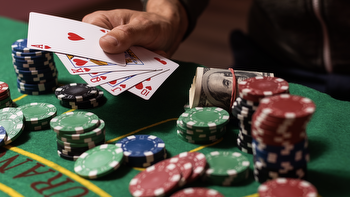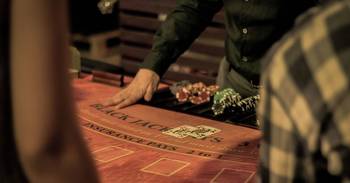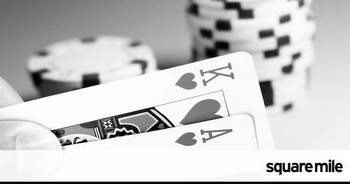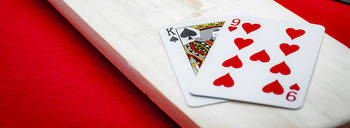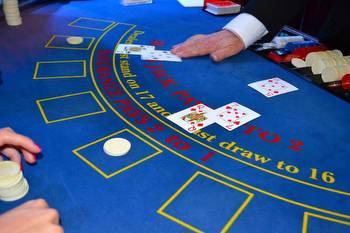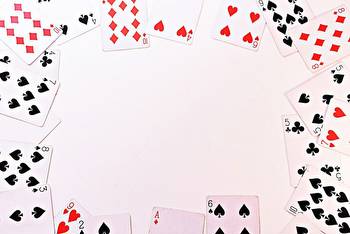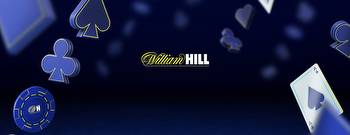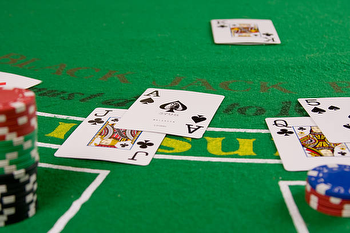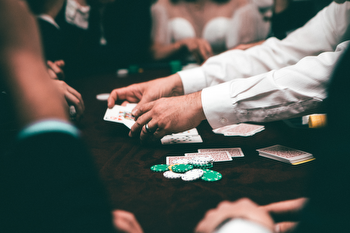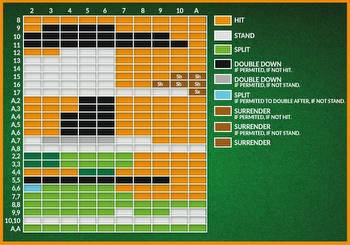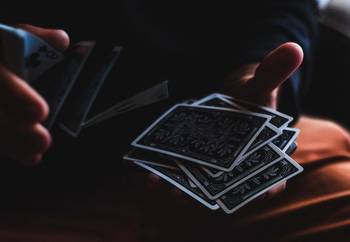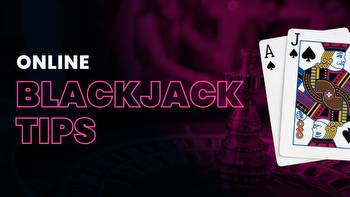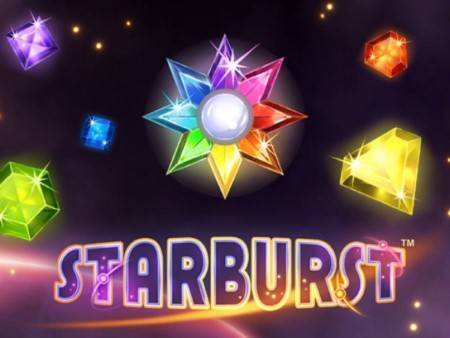What Does Push Mean in Blackjack
What Does Push Mean in Blackjack?
One of the most crucial terms that every blackjack player should understand is “push.” In the game of blackjack, a push occurs when the player and the dealer have the same hand total. In such cases, the player neither wins nor loses the hand; instead, their original bet is returned to them. Pushes are a common occurrence in blackjack and understanding their implications can greatly affect your strategy and overall gameplay.
When Does a Push Occur?
A push occurs when the player and the dealer have the same hand total, referred to as a tie. This can happen in various scenarios, such as when both the player and the dealer have a hand total of 17 or when both have a hand total of 21. Regardless of the specific hand total, if the player’s hand matches the dealer’s, it results in a push.
What Happens During a Push?
During a push, the player neither wins nor loses their bet. Instead, their original wager is returned to them, and the hand concludes without any changes to the player’s chip stack. The player can then proceed to the next hand without any financial implications from the previous push.
How Does a Push Impact the Player’s Strategy?
Understanding when a push occurs is crucial when devising a strategy for blackjack. Since a push neither benefits nor harms the player financially, it is essentially a neutral outcome. Therefore, when a push occurs, the player should focus on their long-term strategy rather than trying to chase immediate gains or recover losses from previous hands.
FAQs about Push in Blackjack:
1. Are pushes common in blackjack?
Yes, pushes are quite common in blackjack, especially when both the player and the dealer have similar hand totals, such as 17 or 20.
2. Does a push affect the player’s chances of winning in the long run?
No, pushes have no impact on the player’s overall chances of winning in the long run. They are simply neutral outcomes that neither benefit nor harm the player’s bankroll.
3. Can a push occur on any hand?
No, a push can only occur when both the player and the dealer have the same hand total. If the totals are different, the player will either win or lose the hand.
4. Is a push the same as a tie?
Yes, a push is essentially a tie. It occurs when both the player and the dealer have the same hand total, resulting in neither a win nor a loss for the player.
5. Do pushes affect the player’s ability to use blackjack strategies, such as card counting or basic strategy?
No, pushes have no impact on the player’s ability to use various blackjack strategies. Strategies like card counting and basic strategy are designed for long-term profitability, and pushes do not affect their effectiveness.
6. Can a push occur in online blackjack games?
Yes, online blackjack games also have the provision for pushes. The software ensures fair gameplay and accurately determines when a push occurs.
7. What happens if the player has a blackjack (a hand total of 21) and the dealer also has a blackjack?
If both the player and the dealer have a blackjack, it results in a push. The player’s original bet is returned, and there is no change in their chip stack.
8. Can pushes occur in other casino card games?
Yes, pushes can occur in other casino card games, such as baccarat and Three Card Poker, when the player and the dealer have the same hand total.
9. Can a push occur in live dealer blackjack games?
Yes, push outcomes can also occur in live dealer blackjack games. The live dealer ensures fair gameplay, and if both the player and the dealer have the same hand total, it results in a push.
Understanding the concept of a push is fundamental to playing blackjack effectively. By recognizing a push, players can focus on their long-term strategy and make informed decisions rather than being swayed by immediate outcomes. With this knowledge, players can approach the game confidently and maximize their chances of success.









